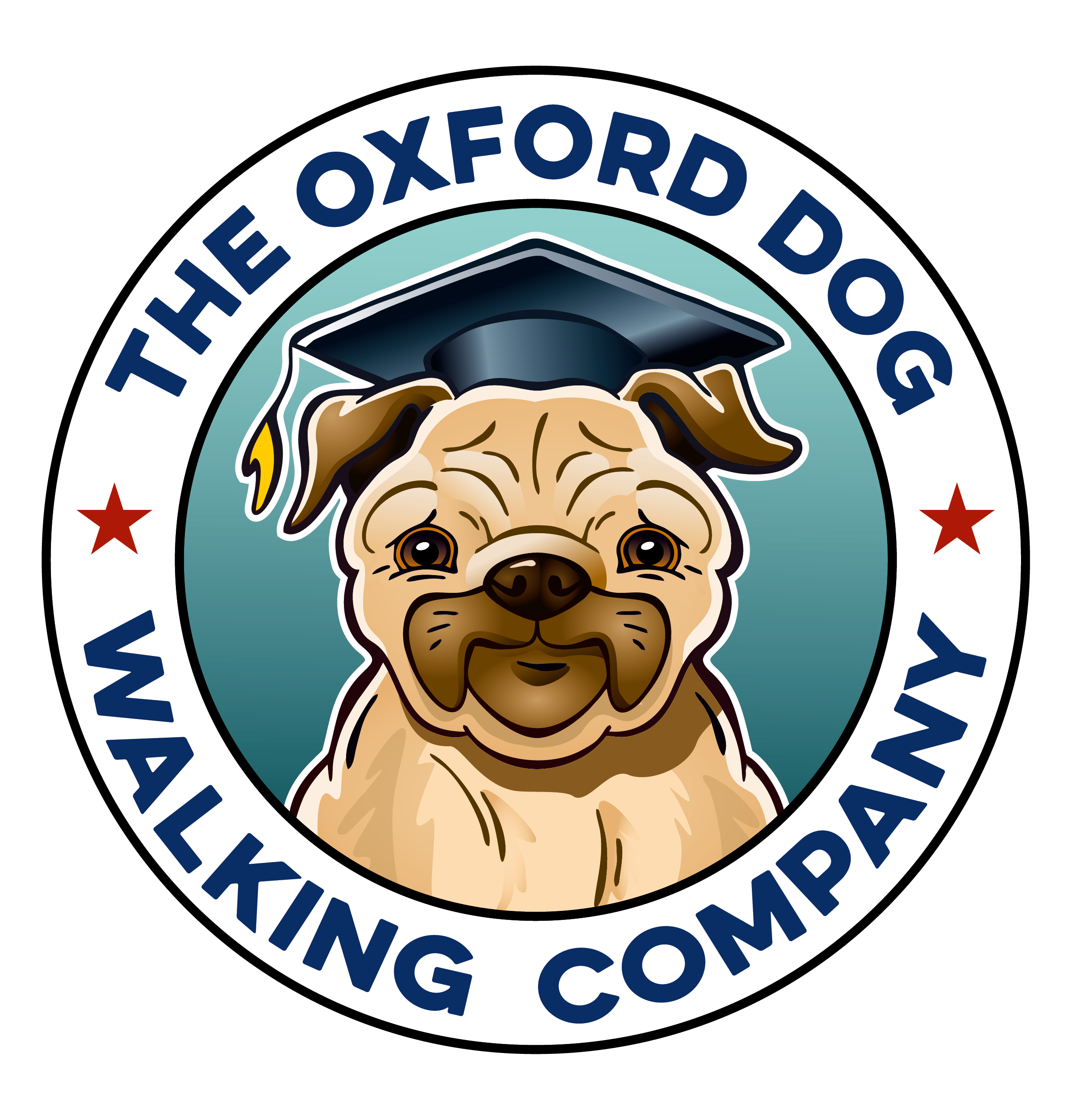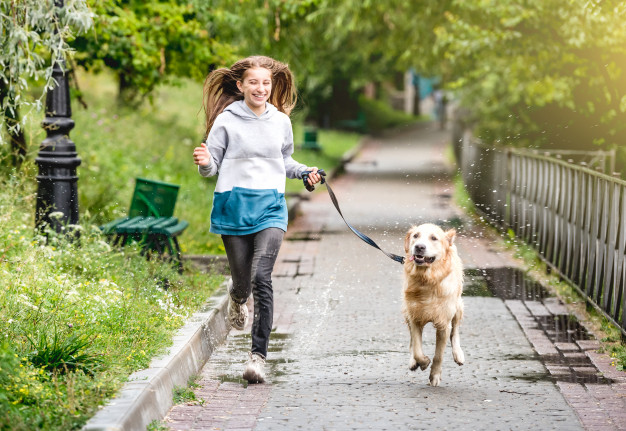When you get your new puppy (or rescue dog) one of the most common pieces of advice you will hear is “you must socialise your dog as much as possible”. This is widely believed across all corners of dog ownership, yet it isn’t entirely accurate.
Puppies learn a lot of vital communication skills when playing with other dogs, so playing with them is a very important part of their development. But when working with our clients and their older dogs we often discover that the route of many problems comes from this simple fact – people teach their dogs to play with other dogs, instead of teaching them when to play.
Socialising your dog is not about them playing with other dogs, it’s about teaching them when they can and can’t play with other dogs. And when they can’t play with other dogs they need to understand why – either the other dog doesn’t want to play, or that you, their owner, have communicated that they cannot for whatever reason.
Once we build this idea of permission into a dog’s brain being out and about with our dog becomes so much easier and stress free. We don’t want our dog to be the one running up to every dog in the park – your dog may be friendly, but many of the on-lead dogs they are charging up to won’t be. And it’s your responsibility to keep your dog from approaching those dogs.
If you’ve ever owned a nervous dog then you’ll know that the biggest stress is when you are keeping your dog safely out the way, and an off-lead dog comes running up with no owner in sight. If your dog is off lead then it needs to be under control, and this includes not approaching everyone in the park.
By building in the idea of permission in your dog’s brain then you can stop your dog from charging up to everyone. This means that as a responsible owner you can assess the dog ahead, and indicate to your dog whether it can or can’t say hello. On the occasions when your dog can say hello, then it will be able to play, and learn more vital information about dog interaction. When your dog can’t say hello, it will be learning a lot then too.

